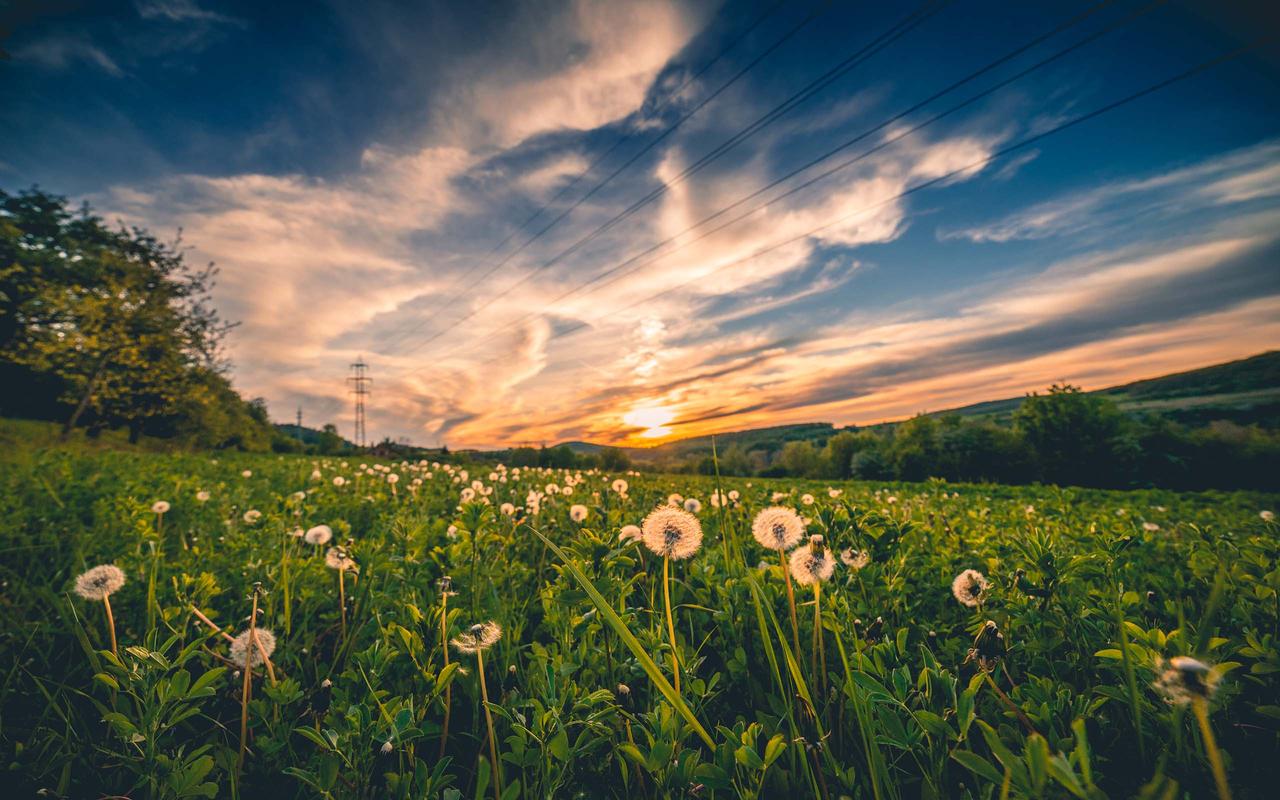Exploring the Richness of Nigeria Culture and Traditions: A Journey Through Music, Art, and Festivals
Nigeria is often referred to as the giant of Africa, not just because of its vast population and landmass but also because of the richness of its cultural and traditional heritage. Nigeria has over 250 ethnic groups, each with its unique cultural and artistic expression, music, dance, and festivals that reflect their way of life.
The Significance of Music in Nigeria Culture
Nigeria is a country rich in music with diverse genres, from highlife, afrobeat, juju, and Fuji music to hip hop, soul, and rock. Music plays a significant role in Nigerian culture, and it is used to express emotions, tell stories, and pass messages across. Many famous musicians such as Fela Kuti, King Sunny Ade, and Ebenezer Obey started their careers in Nigeria and went on to become international sensations.
Moreover, music is an integral part of Nigeria’s festivals and cultural celebrations. For example, during the annual Osun-Osogbo festival, traditional drums, flutes, and other instruments are played to please the gods and entertain the people. The New Yam Festival, a harvest festival in Igbo culture, is also a great display of the rich and diverse musical traditions of Nigeria.
The Richness of Nigerian Art
Nigeria has a vibrant and diverse art scene, from traditional tribal art to contemporary art. Nigerian art reflects the country’s cultural diversity, and it is evident in the different styles and techniques used by Nigerian artists. Nigerian art ranges from pottery, woodcarving, and weaving to painting and sculpting.
Nigerian art has been influential in modern art as well. The Nsukka School, a group of artists from the University of Nsukka, played an essential role in the development of contemporary African art. Their work inspired many contemporary artists in Nigeria and across the world.
Nigeria Festivals: A Feast for the Senses
Nigeria is home to numerous festivals, and they provide a unique window into Nigeria’s culture and traditions. These festivals showcase the best of Nigeria’s music, art, food, and culture. One of the most famous festivals is the Calabar Carnival, a month-long street party that attracts over two million people annually. The carnival features colorful parades, music, dance, and other cultural activities.
The Argungu Fishing Festival is another amazing festival that takes place annually in northern Nigeria. The festival celebrates the end of the farming season, and it brings together fishermen from different parts of the country to compete in a fishing competition. The festival also features traditional dances, music, and other cultural activities.
Conclusion
Nigeria’s cultural and traditional richness is awe-inspiring. It is a country that recognizes and celebrates its cultural heritage through various forms of art, music, and festivals. The country has a lot to offer in terms of cultural tourism, and there is a growing interest in exploring Nigeria’s culture beyond the surface. It is important to celebrate and appreciate Nigeria’s rich cultural heritage so that future generations can learn from it and keep the tradition alive.
(Note: Do you have knowledge or insights to share? Unlock new opportunities and expand your reach by joining our authors team. Click Registration to join us and share your expertise with our readers.)
